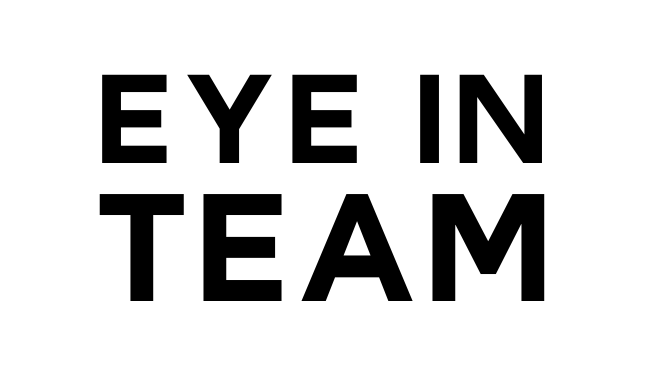Simplifying Sports Team Logistics with Smart Scheduling Tools
Managing a sports team means juggling practices, games, tournaments, and last-minute changes—all while keeping players, coaches, and parents informed. Scheduling tools in modern team management software help streamline this process, turning a potential headache into a coordinated system that works.
Here’s a breakdown of the most useful scheduling features for coaches and club leaders.
Automated schedule generation
Automated scheduling tools reduce the time spent manually organizing games and practices. These systems can generate conflict-free calendars based on team preferences, field or court availability, and seasonal constraints.
They also help distribute resources fairly—ensuring one team doesn’t get all the prime time slots while others are stuck with early mornings or late nights.
Some tools even factor in historical usage or attendance trends to optimize facility bookings, giving you more efficient use of limited space.
Calendar sync and personal integration
Effective scheduling software makes it easy for players, parents, and coaches to stay on the same page. Calendar sync features allow team events to be added directly to personal calendars, such as Google or iOS, with automatic updates when changes occur.
For families managing multiple teams or siblings in different sports, integrated calendar views can reduce conflicts and improve overall planning, resulting in improved attendance.
Conflict resolution and schedule flexibility
Even the best schedule needs to adapt. Cancellations due to weather, facility closures, or other disruptions happen frequently in youth and amateur sports. Good software includes tools to quickly reschedule events, notify participants, and update calendars automatically.
Some systems also let coaches attach backup plans or alternate locations to events, helping teams pivot quickly when needed and keeping everyone informed without extra emails or texts.
Attendance tracking with insights
Tracking who shows up to practice or games isn’t just about accountability, it’s about understanding team dynamics. Scheduling tools that integrate attendance logs help coaches identify trends, such as dips in participation around exam periods or leading up to big tournaments.
Combining attendance with availability polls also makes rescheduling more efficient. You can see who’s available before confirming a new time, reducing back-and-forth and ensuring strong turnout.
Custom notifications and reminders
Reminders and alerts are critical for keeping the schedule running smoothly. Custom notifications allow you to prioritize the most important updates, such as last-minute changes to location or time, while minimizing less urgent pings.
Some systems offer advanced options, like location-based reminders or automated alerts tied to calendar events. These can help reduce no-shows and ensure everyone has the right information at the right time.
Multi-team and cross-platform coordination
For organizations managing multiple teams or age groups, centralized scheduling tools are essential. Features like bulk scheduling, template sharing, and layered calendars make it easier to coordinate across coaches, facilities, and divisions.
Cross-platform compatibility also ensures that changes made on mobile devices, laptops, or admin dashboards sync instantly—keeping everyone on the same page, regardless of how they access the system.
Tournament and event-specific tools
Running tournaments brings its own challenges. Scheduling software built for events can generate brackets, manage game progress, and update standings in real time. These features are especially helpful for weekend-long tournaments or multi-day events where timing and communication are critical.
Some tools even link ticketing or registration to the event calendar, simplifying the process for both organizers and attendees.
Scheduling is one of the most complex parts of managing a sports team—but with the right tools, it becomes a strength rather than a stressor. Features like automated generation, calendar integration, dynamic rescheduling, and smart notifications help teams stay organized and responsive.
Whether you're coordinating one team or a full club, investing in effective scheduling tools can save time, improve communication, and keep the season running smoothly—for everyone involved.
